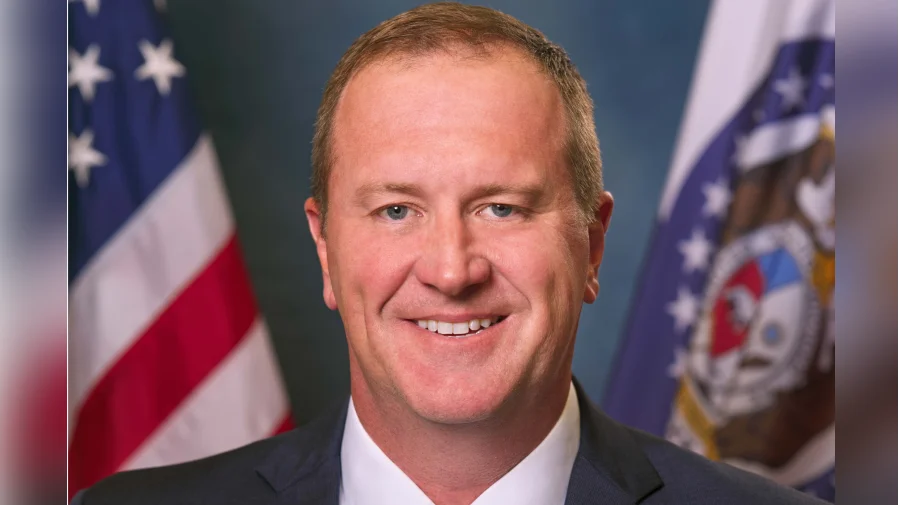Senator Eric Schmitt | U.S. Senator Eric Schmitt
Senator Eric Schmitt | U.S. Senator Eric Schmitt
Senator Eric Schmitt has raised concerns on social media regarding the transparency of President Joe Biden’s decisions related to federal clemencies and pardons. In a series of posts dated September 9, 2025, Schmitt questioned the documentation process behind several high-profile commutations and pardons.
In one post, Schmitt stated, "We also don't even have written records that Biden personally approved some of the most egregious clemencies—like his commutation of 37/40 federal death row inmates. Instead we only have (often ghost-written) staff emails claiming Biden approved them." This comment reflects ongoing scrutiny over the administrative procedures used in presidential clemency actions.
In another message from the same day, Schmitt wrote, "But the new records show not just that Biden's staff used the autopen for pardons. Instead, the National Archives couldn't find any records showing Biden attended the meetings where those pardon decisions were made! So we don't know if Biden was in the room where it happened." The use of an autopen—a device that replicates a person’s signature—has been employed by previous administrations but continues to prompt debate about its appropriateness for significant executive actions.
A third post elaborated on official decision-making protocols: "Elected officials use 'decision memos'—aka DMs—to decide whether to take actions. But the National Archives found Biden's DM for commuting death row inmates was blank. So we have no written record of his decision."
Presidential clemency powers are enshrined in Article II, Section 2 of the U.S. Constitution and allow presidents broad discretion to grant pardons and commutations. While it is customary for such decisions to be documented through formal memos or public statements, there is no legal requirement specifying how detailed these records must be or whether a president must personally sign each order. The use of autopen signatures has precedent; both Democratic and Republican presidents have utilized this tool for official documents when unable to sign in person.
The National Archives serves as custodian for presidential records but can only provide materials that are submitted or retained by White House staff during an administration.


 Alerts Sign-up
Alerts Sign-up